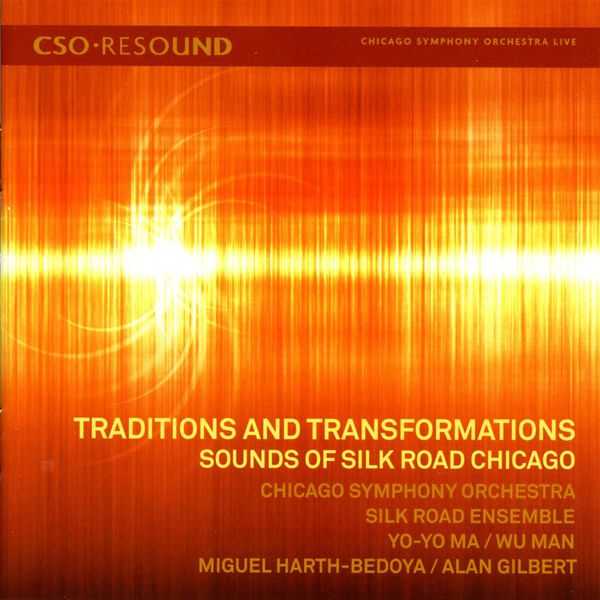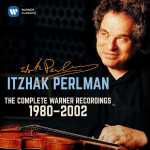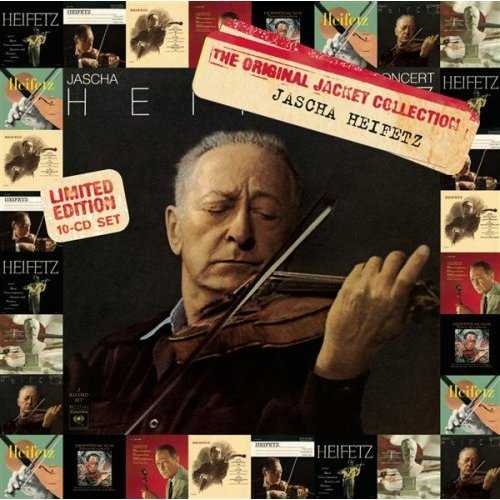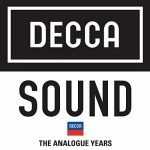
Composer: Ernest Bloch, Lou Harrison, Sergey Prokofiev, Byambasuren Sharav
Performer: Yo-Yo Ma, Wu Man
Orchestra: Chicago Symphony Orchestra
Conductor: Miguel Harth-Bedoya
Format: FLAC (tracks)
Label: CSO Resound
Catalogue: CSOR901801
Release: 2008
Size: 354 MB
Recovery: +3%
Scan: yes
01. Bloch: Schelomo
02. Sharav: Legend of Herlen
Harrison: Pipa Concerto
03. I. Allegro
04. II. Bits and Pieces: Troika
05. II. Bits and Pieces: Three Sharing
06. II. Bits and Pieces: Wind and Plum
07. II. Bits and Pieces: Neapolitan
08. III. Threnody for Richard Locke
09. IV. Estampie
Prokofiev: Scythian Suite, Op. 20
10. I. Invocation to Veles and Ala
11. II. The Evil God and Dance of the Pagan Monster
12. III. Night
13. IV. Lolly’s Pursuit of the Evil God and the Sunrise
“Chicago has a long history of being at the crossroads of the world,” Yo-Yo Ma said as he described the landmark year long collaboration known as ‘Silk Road Chicago’.This unique celebration, partnering Ma’s Silk Road Project with the Chicago Symphony Orchestra and dozens of cultural institutions throughout the city from June 2006 through June 2007, was an unprecedented adventure in discovery that moved a city to learn and explore musical traditions and cross-cultural connections, inspired by both the legendary Silk Road trade route and an unending spirit of curiosity.
Traditions and Transformations: Sounds of Silk Road Chicago on CSO Resound is an aural record of this remarkable journey, featuring a rich tapestry of musical works and passionate, virtuosic performances by cellist Yo-Yo Ma, the Silk Road Ensemble, pipa soloist Wu Man, and the Chicago Symphony Orchestra, under the direction of Miguel Harth-Bedoya and Alan Gilbert.
Mongolian composer Byambasuren Sharav’s Legend of Herlen is an extraordinarily visceral piece that the Ensemble has been touring since 2001. It has been recorded on Sony BMG, but not with the CSO brass. It’s scored for morin khuur: Mongolian horsehead fiddle, which Yo-Yo plays, long song, piano, three trombones and percussion. Lou Harrison’s Pipa Concerto is beautifully virtuosic and a real showcase for Wu Man. It has been recorded before, but not by an orchestra of CSO calibre. Recorded live in Orchestra Hall at Symphony Center on April 12, 13, and 17; May 17, 18, 19, and 22, 2007
Yo-Yo Ma’s experiment in musical multiculturalism known as the Silk Road Ensemble rolls on, here in collaboration with the Chicago Symphony Orchestra. This disc, in its way, represents a blueprint for the future of big-name, big-money classical music; self-released by the orchestra, it is an eclectic piece of work with appeal to classical music’s growing Asian constituencies, and it combines traditional repertoire with new things and a look at a past master with a globe-spanning orientation. The latter item is the best news here. Lou Harrison’s Pipa Concerto, composed in 1997, was the final major work of the great experimenter in fusion of Asian and Western traditions. It was written for Chinese pipa player Wu Man, herself an adherent of cross-cultural ideals who has worked with the Kronos Quartet and other Western ensembles. The pipa is a Chinese instrument, a pear-shaped lute, that itself was adopted by other Asian cultures, and Harrison by no means restricts himself to Chinese idioms. In seven short movements, the last of which is a medieval French estampie, it constantly reveals new surprises along with a wealth of balances between the quiet solo instrument and the orchestra. The program opens with a pair of works featuring Ma: in Bloch’s Swiss-Jewish-American standard Schelomo, he plays the cello, moving to the two-stringed Mongolian morin khuur for Legend of Herlen, by Mongolian composer Byambasuren Sharav. This certainly qualifies as an oddity, but it plays off against the Bloch work nicely. One can understand why Prokofiev’s consistently crowd-pleasing Scythian Suite, Op. 20, was chosen as the finale, and the CSO’s mighty brasses have lost none of their punch in rendering it under hot young conductor Alan Gilbert. But it tends to overwhelm the more delicate music on the rest of the disc. Perhaps this program loses some of the focus of Ma’s earlier Silk Road discs, but, like so much of the cellist’s earlier work, it marks out new paths for other musicians. Recommended to all who have been following Ma and his brilliant career.



